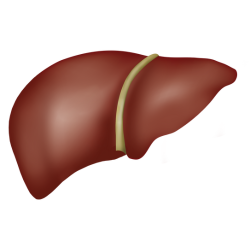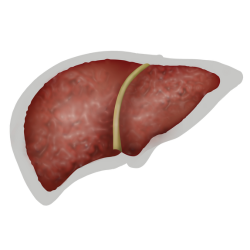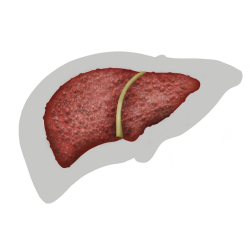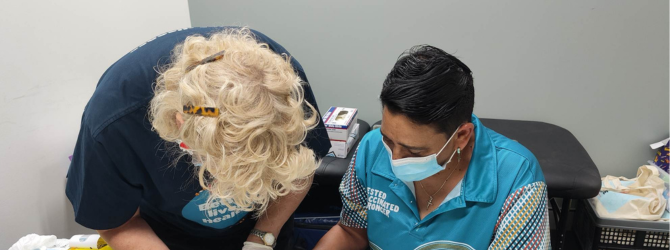Hepatitis C - What you need to know
Hepatitis C – What you need to know
Hepatitis C (or hep C) is a virus that causes inflammation and damage to your liver. If left untreated, hepatitis C can cause long term liver disease, cirrhosis (scarring of the liver) and liver cancer.

How do you get hepatitis C?
To get hepatitis C, the blood of a hepatitis C positive person must enter your bloodstream (blood-to-blood contact).
You may have come into contact with hep C if you have ever:
- Shared injecting drug equipment (including needles, syringes, tourniquets, water, filters or spoons), or been injected by someone else
- Had a backyard/prison tattoo or piercing
- Had a needle stick injury
- Received a blood transfusion overseas or in Australia before 1990
- Had an overseas dental or medical procedure
What are the symptoms?
As many as 80% of people who have hepatitis C will have no symptoms. Even if you feel well it is important to get a hepatitis C test if you think you have come into contact with infected blood.
If you do experience symptoms, these may include:
- Tiredness
- General aches & pains
- Loss of appetite
- Jaundice (yellowing of the skin and eyes)
- Nausea
- Brain fog or confusion
Stages of the disease
Hepatitis C has ongoing stages that refer to the amount of damage to the liver.
If your liver has been badly damaged, scar tissue (also called fibrosis) builds up and stops the liver from working properly.

Healthy Liver
No damage

Fibrosis
Scarring of the liver tissue

Cirrhosis
Very scarred, leading to liver cancer or liver failure
How do I get tested for hepatitis C?
You will need to have a blood test or fingerstick test (also known as a point-of-care test) to check if you have the hepatitis C virus.
Your doctor (GP) or health clinic can give you a referral for a hep C blood test. Some sexual health clinics, alcohol and other drugs services (AODS) and needle and syringe programs (NSPs) offer on-site testing.

What can I do if I have hepatitis C?
Treatment to cure hepatitis C is available from your doctor or health clinic. If your liver has been badly damaged you may be referred to a specialist doctor or liver clinic for care.
Most people can be cured of hepatitis C by taking tablets daily for 8 to 12 weeks.
Hep C treatments:
- Give you at least a 95% chance of being cured
- Have little to no side effects
- Are just pills (no injections)
- Are covered by Medicare, so are very low cost
How do I find a doctor?
You can talk to your local doctor (GP), Aboriginal Medical Service or sexual health clinic about getting tested and treated for hepatitis C.
You can also search our HEPnav directory to find local hepatitis C services.
Once I’m cured of hepatitis C, can I get it again?
Yes. Being cured of hepatitis C won’t protect you from getting hepatitis C again.
To prevent reinfection take steps to avoid blood-to-blood contact. For example, use clean injecting and tattooing equipment every time.
If you know others that may have hepatitis C consider getting tested or treated together.
As a general guide, get tested for hepatitis C every 12 months if you have regular exposure to activities that put you at risk of hepatitis C.
More information
Contact Hepatitis Queensland on 1800 437 222 or visit our website at www.hepqld.asn.au for more information on hepatitis C and liver health.
Further support
- Talk to your doctor or Aboriginal Medical Service
- Queensland Injectors Health Network (QuIHN)
- Kombi Clinic
- Alcohol and Other Drug Services
- Sexual Health Clinics
